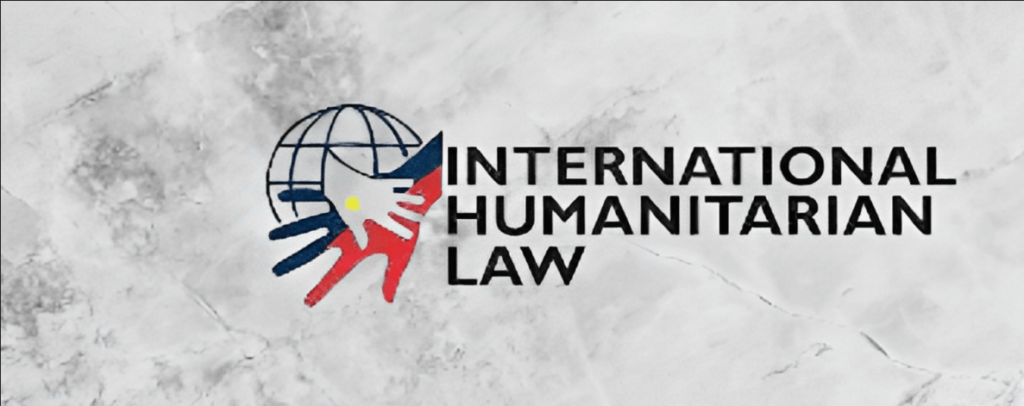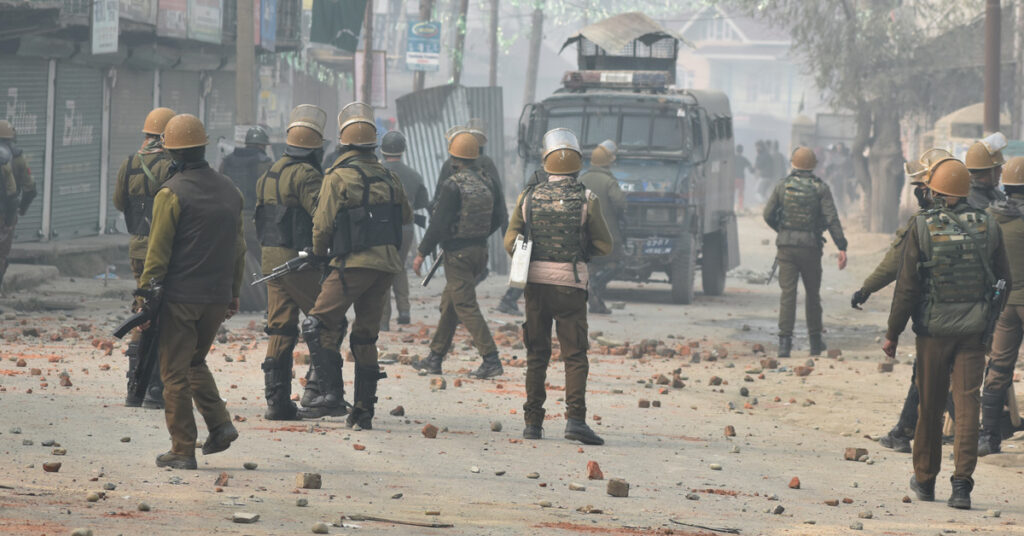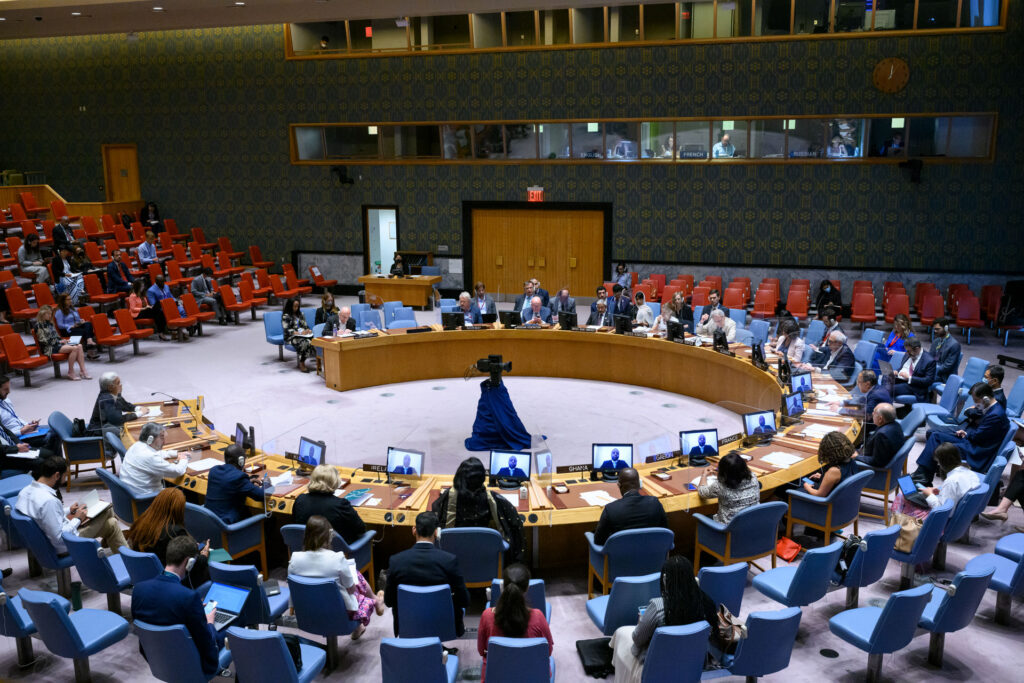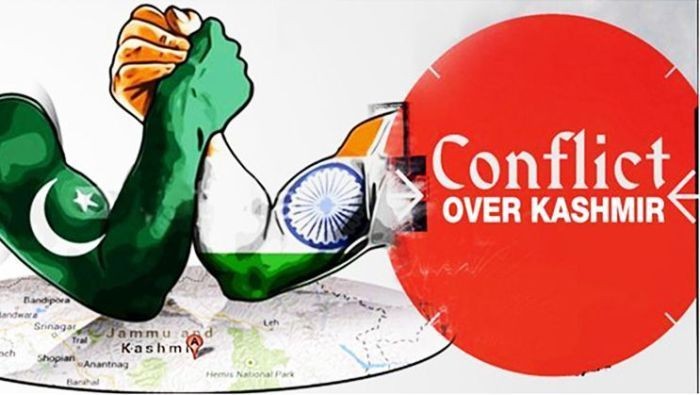
Many of our students pursuing BA LLB are here because they want to make the world a better place. In cases of armed conflict, International Humanitarian Law (IHL) proves to be instrumental in fighting issues related to human rights violations, war crimes, and the protection of civilians.
The Kashmir issue has led to three major wars between India and Pakistan in 1947, 1965, and 1971. In 1999, the Kargil War took place in the area bordering Pak occupied Kashmir (PoK). Numerous smaller-scale conflicts and skirmishes have happened around the Line of Control (LoC) over the years.
The Indian government has consistently maintained that PoK is an integral part of India, which was illegally occupied by Pakistan during the 1947 conflict. On May 5, 2024, External Affairs Minister S Jaishankar said that Pakistan occupied Kashmir is part of India. He pointed out that the abrogation of Article 370 in Jammu and Kashmir is a positive move in the direction of reclaiming it as the article created a feeling of separatism, extremism, and even violence in Jammu and Kashmir.
Earlier in April, Defence Minister Rajnath Singh said that with India moving forward, it will not be a surprise that the people of Pakistan-occupied Kashmir will themselves demand to be with India. On May 10, 2024, Union Home Minister Amit Shah also asserted during an election rally that every inch of PoK belongs to India and no force can snatch it.
As a law student, do you think International Humanitarian Law will pose a challenge to India’s dream of re-claiming PoK?
Quick Overview of the Kashmir Conflict

India stakes its claim over PoK stating that the Maharaja of Kashmir – Raha Hari Singh – signed the Instrument of Accession in 1947 legally integrating the state with India. The country believes Pakistan has been illegally occupying the region and has been instigating and supporting militancy there. It also claims that Pakistani is trying to suppress the voice of the people there, especially the minorities, violating their human rights, and stopping them from political participation.
Pakistan says that the people of Kashmir have the right to self-determination as per UN resolutions. It accuses India of committing human rights violations in the region and people should be allowed to decide whether they want to join India, Pakistan, or become independent. It also keeps asking for international intervention and mediation to address the humanitarian crisis in PoK.
It is to be noted that Kashmir is strategically important for both India and Pakistan as it has vital water resources and lies close to China. Experts agree that the resolution of the Kashmir issue is crucial for regional stability.
What are the UN resolutions on Kashmir?

Over the years, the UN Security Council has passed several resolutions on the Kashmir conflict. In the late 1940s and early 1950s, the focus was primarily on ceasefire, demilitarization of the region, and a plebiscite to determine the wishes of the Kashmiri people (Resolution 47 (1948), Resolution 51 (1948), and Resolution 91 (1951)).
These resolutions also established the United Nations Commission for India and Pakistan (UNCIP) to facilitate the plebiscite and mediate between the two countries. However, due to disagreements between the two countries on the conditions of demilitarization, the plebiscite never took place. Later, the UN Military Observer Group in India and Pakistan (UNMOGIP) was formed due to Resolution 122 (1957) and Resolution 123 (1957) to maintain the ceasefire line.
The United Nations has always maintained that the Kashmir conflict should be resolved peacefully through dialogue and diplomacy, taking into account the wishes of the Kashmiri people.
What is International Humanitarian Law and is it applicable to the Kashmir conflict?
Alt: Is International Humanitarian Law applicable to the Kashmir conflict?
IHL is also known as the Laws of War. It is a set of rules that seek to limit the effects of armed conflict on civilians. It is mainly contained in the four Geneva Conventions of 1949 and their Additional Protocols. However, whether it applies to the Kashmir conflict or not is debatable.
The Kashmir conflict has seen periods of active hostilities and armed violence, including cross-border shelling, militancy, and counter-insurgency operations. During these periods of International Armed Conflict (IAC), IHL is applicable.
But the Kashmir issue can also be classified as a Non-International Armed Conflict (NIAC) due to its prolonged nature of the violence in which organised armed groups are involved. In the case of NIACs, Common Article 3 of the Geneva Conventions apply to provide basic and limited humanitarian protections.
India officially maintains the stance that the Kashmir conflict is its internal matter and is dealing with it as ‘terrorism’ and ‘internal disturbances’ and not as an ‘armed conflict’. Besides, both India and Pakistan have restricted access for international humanitarian organisations to certain areas and hence, the full implementation of International Humanitarian Law has remained elusive.
The Current Situation and The Way Forward
Alt: What can law students do about the Kashmir conflict?
Besides IHL, International Human Rights Law, specifically the International Covenant on Civil and Political Rights (ICCPR), strictly prohibits arbitrary deprivation of life, torture, and cruel, inhuman or degrading treatment under any circumstances, including times of emergency.
However, Indian security forces operating in Jammu and Kashmir, as well as militants, have been accused of violating these fundamental rights repeatedly.
While the applicability of IHL to the Kashmir conflict is debated due to its fluctuating intensity, Common Article 3 of the Geneva Conventions still prohibits violence to life, torture, hostage-taking, and outrage upon personal dignity for those not actively participating in hostilities. It also requires the wounded and sick to be collected and cared for.
As BA LLB students at SMS Law College, if the Kashmir issue is close to your heart, we encourage you to conduct thorough research on human rights violations, gather evidence, document cases related to the region, and raise awareness and advocate for accountability. You can also provide legal assistance to victims of human rights abuses, represent them in courts, and help them access justice through our legal aid society.
You can use social media platforms to highlight human rights issues, share stories of victims, and counter misinformation and propaganda. Or you can partner with human rights organisations working on Kashmir to amplify their efforts and provide legal expertise.
At SMS Law College, we believe in nurturing future lawyers holistically so that they become not only competent legal professionals but also compassionate advocates for justice, upholding the highest ethical standards and contributing meaningfully to society.





